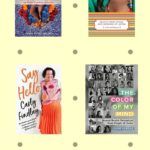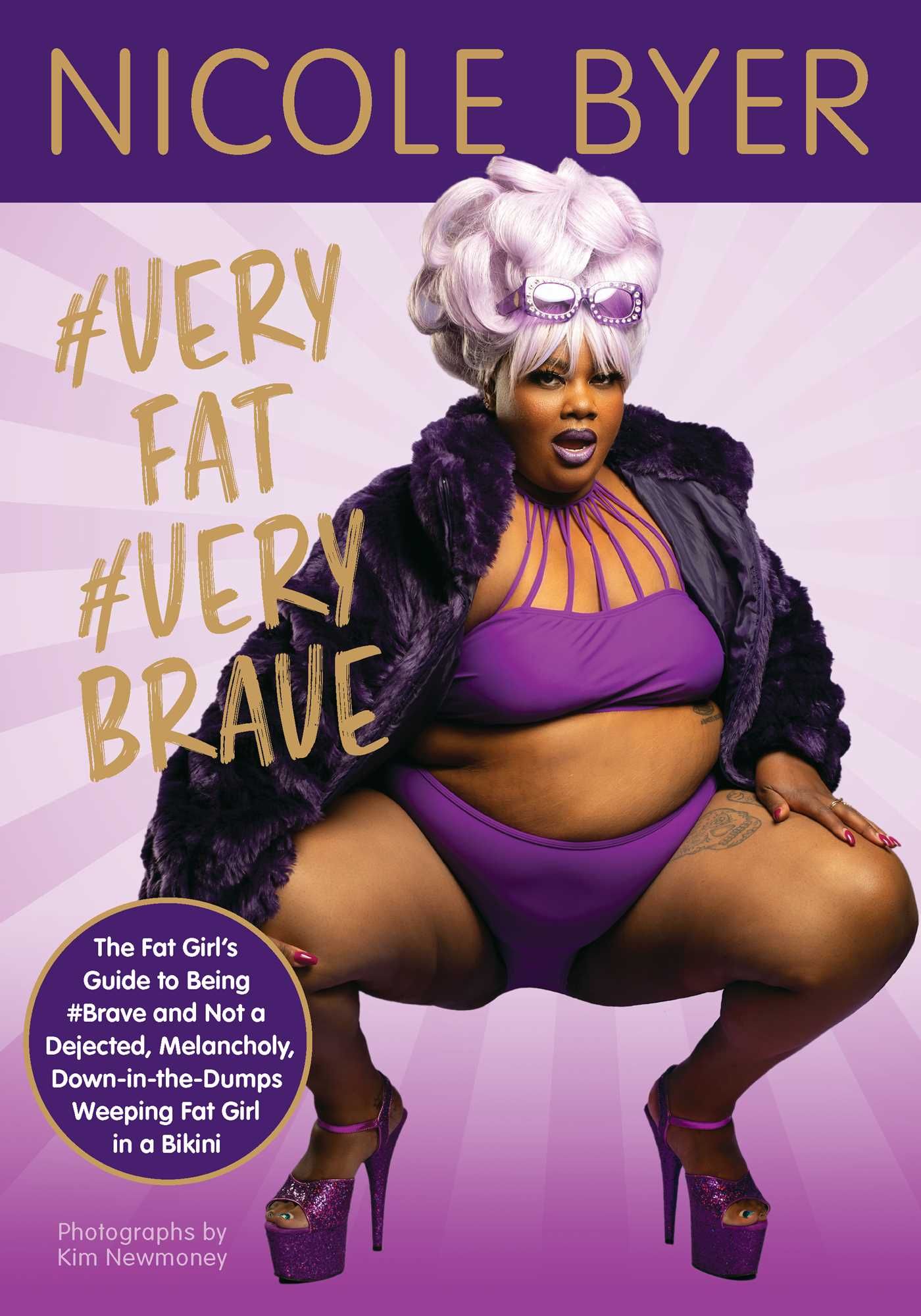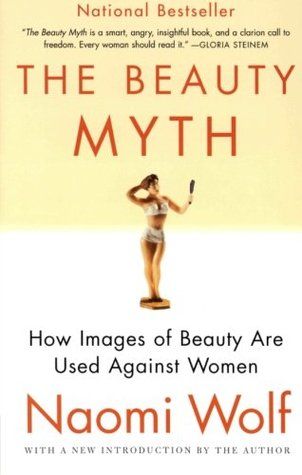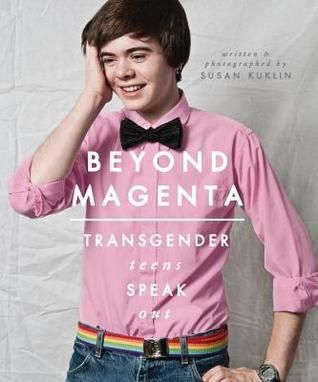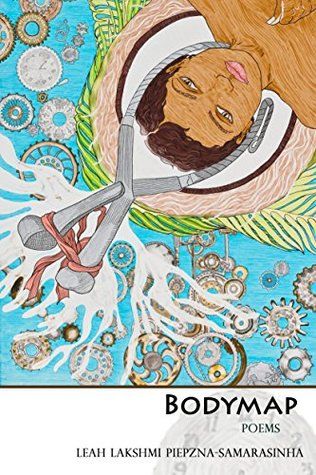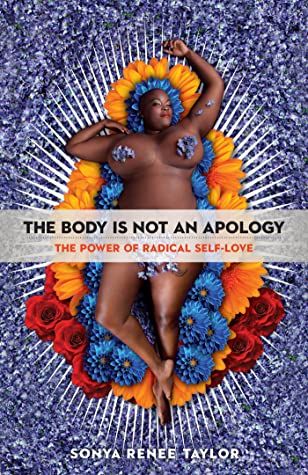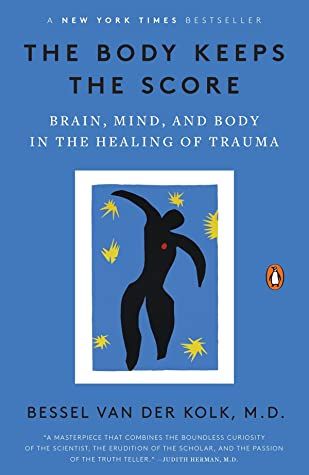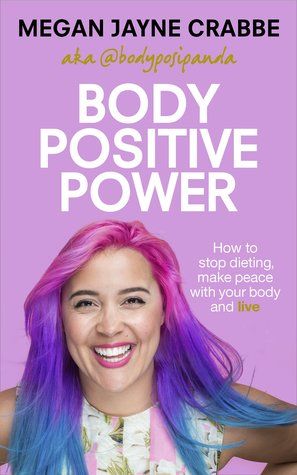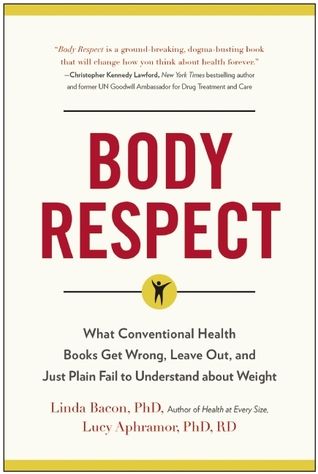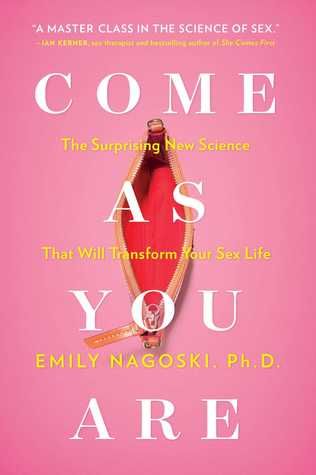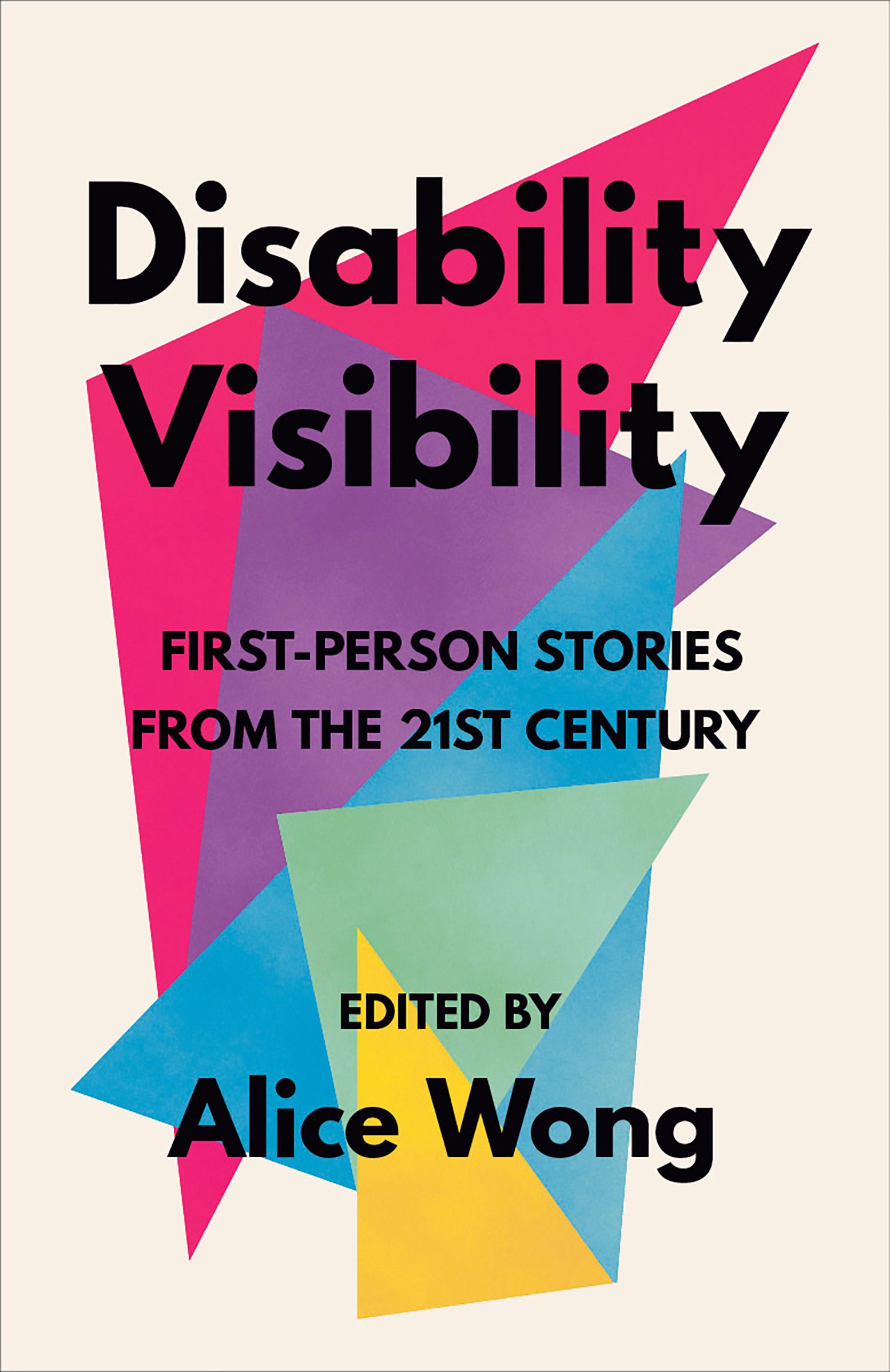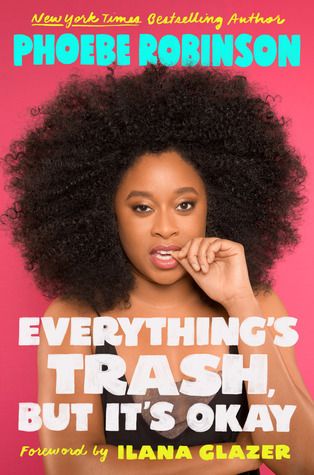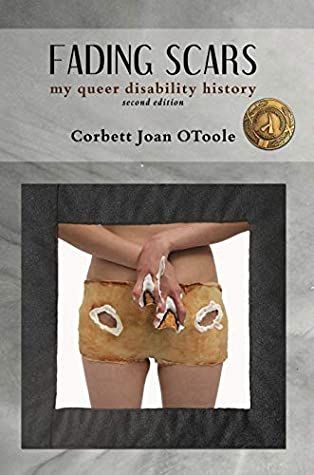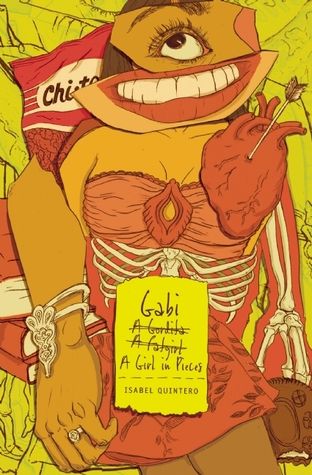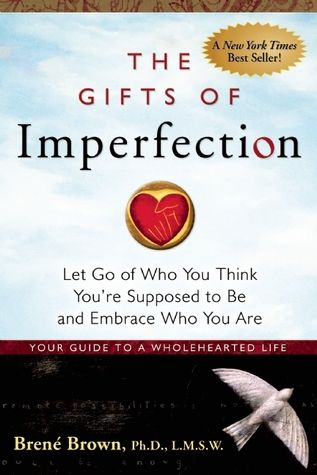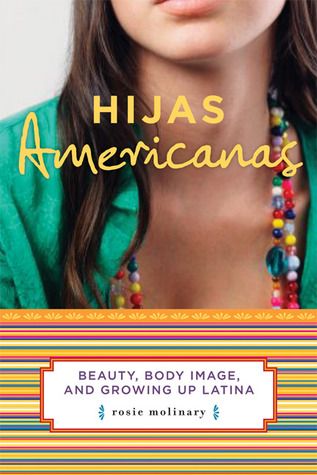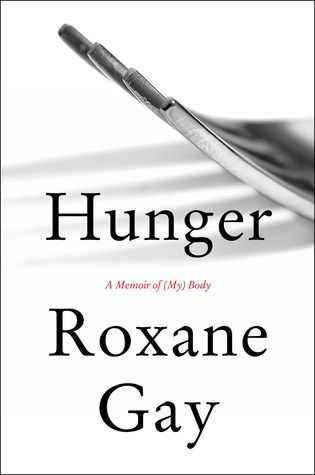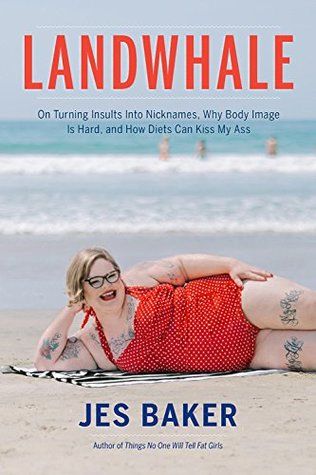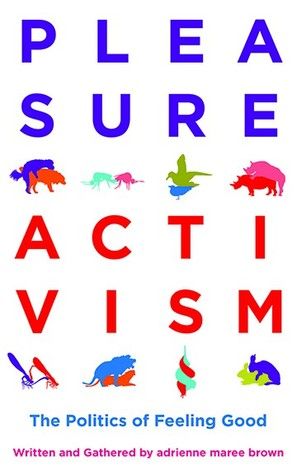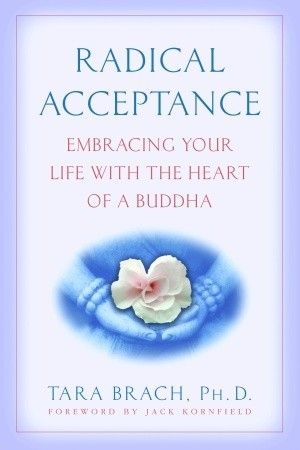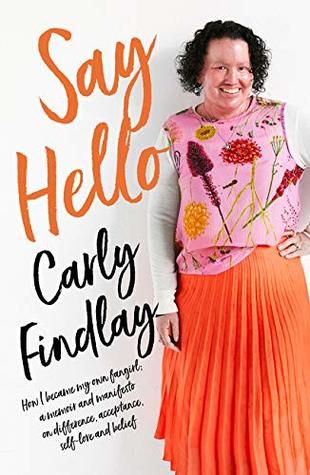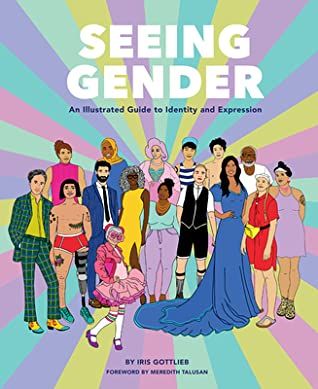What is body positivity?
Body positivity was born from the fat positive movement, a radical and revolutionary movement from the 1960s that spoke up and advocated for the rights of fat people. They revolted against size discrimination. In the last couple of decades, body positivity has been in vogue. Where fat positivity was specific in goals and aims, body positivity is a more watered down version, based on the idea that all bodies are good bodies and that every person has something—maybe even multiple somethings—they’re not happy with. It doesn’t have to be their size. It can be ears or dimples or toes. Where fat positivity was explicit in its aims, body positivity is much more fluid and open to interpretation, and while it does include fat bodies beneath its meaning, it can and does often overlook bodies outside an “acceptable” range in size, focusing on media-friendly and average-sized bodies. That’s not to say body positivity isn’t good. It is, and it’s often the first step in how we understand the political nature of our bodies in the West. Body positivity can be a powerful tool in understanding size discrimination, in the capitalization of bodies, as well as acceptance of one’s own body and responsibility in advocating on behalf of bodies deeply unlike their own. These best body positive books are indeed body positive, but many of them are also radical in their approach to this movement. They might be explicitly fat positive and argue for fat acceptance. They may also be about the power of understanding your own unique body in a way that helps you remember you’re not wrong—what’s wrong is the systemic worshipping of a single image of young, white, cis, healthy, thin, and abled in much of Western pop culture and culture more broadly. What’s not included on this list of best body positive books are those that exalt diet culture, that offer ways of eating well, or books about exercise or movement. Though books about movement and exercise can absolutely be body positive—think Jessamyn Stanley’s excellent Every Body Yoga—this list takes a bigger picture. Body positivity, fat activism, and other body-driven political movements require work, and they can sometimes verge on policing feelings one has about their body (see the essay in Body Talk by Book Riot’s own Patricia Elzie to dig into this further). Take these books slow, take notes, highlight, underline, and journal. What do they make you think about? How do they make you feel? None of these books, despite being excellent, will have all of the answers. But it’s through interacting with them actively one becomes better aware of—and more involved with—their own bodies, as well as the bodies of every other human and non-human around them. The body is political.
Add The Best Body Positive Books To Your TBR
This list of the best body positive books is far from comprehensive, and there are a tremendous number of other outspoken, hardworking body activists writing and doing the work. May these books help lead you even more deeply into body positivity, fat positivity, and body liberation. While women have gained more power socially, one thing has become evident and that is, they’re trapped in this world of feeling the need to perform beauty and style. This is about that spiral of desire for perfection and the ever-shifting goalposts for what that even means. This is a book about the deeply ingrained body shame each person carries, and it’s about how to step forward from those places into acts of joy, celebration, and freedom in your body. You will walk away with tools and techniques for better accepting your body exactly as it is. Dr. van der Kolk is an expert on trauma, and this book is the manifestation of three decades of research on how stress rewires the brain, how it impacts the body, and how it can be passed through families and generations. Also included are ideas for treatment and practices to help free up that trauma and better connect with your body. Bacon is the creator of Health At Every Size (HAES) but this book is a great place to begin, as it debunks myths about weight, misconceptions about BMI, and digs into how poverty, race, homophobia, and more impact all aspects of one’s health. Though not explicitly a body positive book, it IS body positive in that it’s a reminder each of us has something we worry about with our body or we each have something unique that we work with and that, indeed, there are hard days, but there are good ones, too. Vargas, a Latina feminist activist, gives space for everyone to share their stories and experiences—and since mental health IS health, this book is such an empowering reminder that no one who struggles with mental health is alone. The bilingual edition provides even deeper accessibility for readers. Human bodies can enjoy pleasure, and this book distills the wheres and hows of doing just that for those with internal reproductive systems—and those who enjoy time with those who do. Readers who pick this up and obsess with how Plum becomes unlikable feed directly into the point that Walker makes—when you live in a culture that hates you, you direct that anger internally so you can be as palatable in public as you can be. When you choose to direct that anger to the culture of hate, well, you free yourself from those limits and become more fully who you are and are eager to help others do the same. Broken into four sections—Being, Becoming, Doing, and Connecting—each of the essays digs into something related to the theme at hand and each piece is tightly written by a wide range of contributors. Some of the names will be familiar while others will be new names, but there’s not a single weak essay in the collection. Solution? Enter to be Miss Clover City and prove that everyone deserves the chance to be a pageant star. Gabi is a fat girl in this book, and the way the fat girl story line is worked into the book is so honest and rewarding. Gabi does struggle with her weight and she’s honest about her body and her perceptions of her body, as well as the things other people tell her about her body. But it’s not all doom and gloom. Gabi loves to eat and she’s not ashamed of being a person who loves to eat (she sneaks stuff because of other people’s beliefs about her weight and body). More, though, Gabi isn’t self-deprecating and doesn’t believe a weight loss fundamentally changes her. In fact, there’s no weight loss in here at all. Gabi comes to own who she is AS she is and says that nothing else matters in terms of other people’s perspectives about it. It’s wholly refreshing. There’s a lot here about body image, and specifically, abut body image and Korean cultural norms. This is a book about the intersections of capitalism and diet culture and how, no matter what your size, you’re a loser within each of those systems. Sex is a huge focus of the book, and contributors are about as diverse as possible, making this book about politics and social justice one that practices exactly what it hopes to convey. Brach is a Buddhist therapist, and while her work comes from that perspective, this book will connect with readers who are seeking the tools to accept who they are, exactly as they are right now. Findlay lives with a rare skin condition called Ichthyosis and the visibility of her difference has too often put her in the spotlight for reasons she may not choose to be. The book is her story, as well as a powerful opportunity for Findlay to own who she is, to celebrate disability, and to examine the various layers of privilege in western society. A book about being non-compliant. Itching for more body positive books? You’ll absolutely want to read some of the best books about mental health, as well as excellent books about disability.
